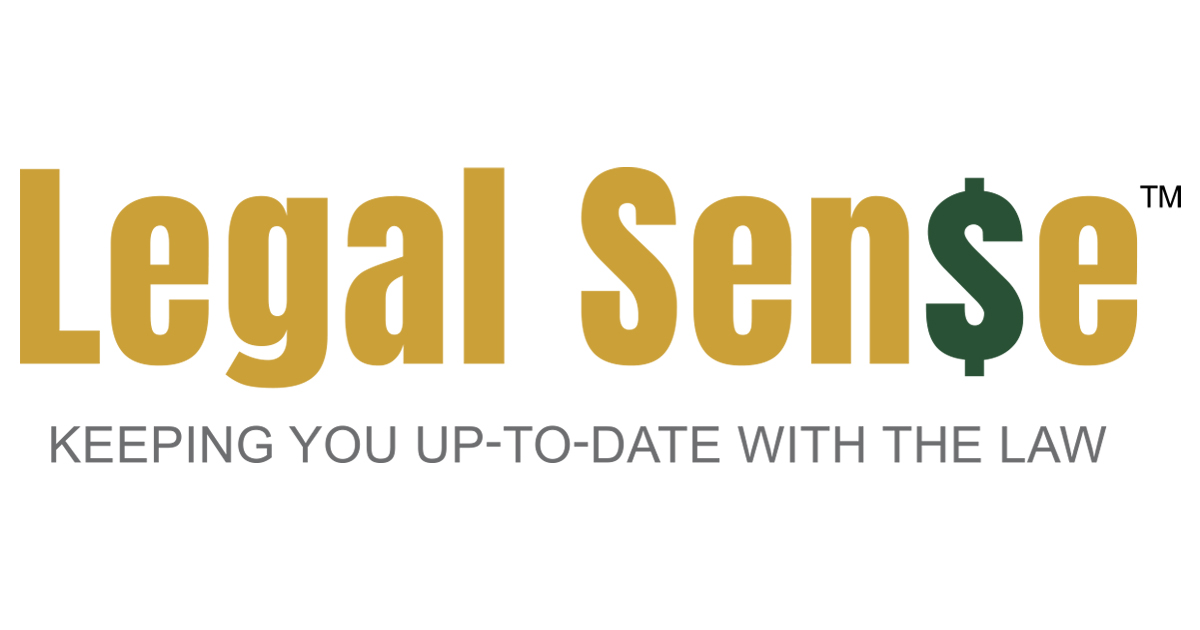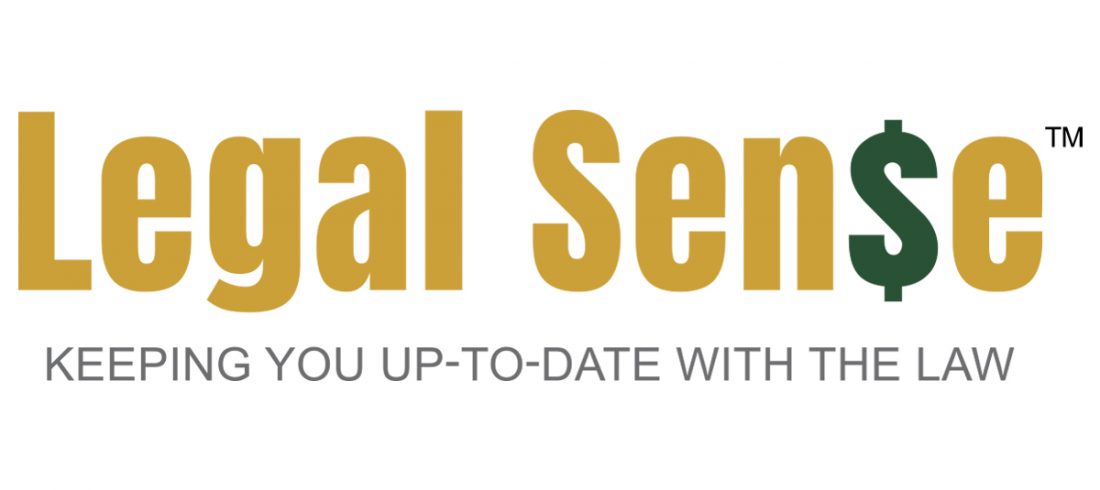By Dalton B. Floyd, Jr.
Most of us, without exception, fail to read the office equipment leases and/or purchase agreements on equipment we lease or purchase. With the overwhelming trend toward “computerizing” your business, and the need to constantly upgrade your office equipment, everyone, sooner than later, will be faced with reviewing a purchase agreement or equipment lease. If the amount of the transaction is significant you should have an attorney review the document for you. If not, then you must carefully review the document yourself before signing same. Remember significant liabilities and financial commitments may be involved, and it is imperative you take steps to protect yourself before committing to the transaction.
Some of the common provisions to watch out for are the description of equipment, payment terms, price, warranties, assignability, automatic renewal, taxes, insurance and choice of law.
The description of the equipment should be very carefully compared to the equipment you ordered or discussed with the salesman. Often times the terms of payment are not discussed up front, and you should not be bashful about asking for favorable payment terms. Don’t just accept the payment terms the company writes in your lease or purchase agreement. Make sure the price is correct and includes shipping, taxes, etc. Look for hidden charges.
If you have a lease review the renewal provisions and, if possible, make renewal dependent on a written notice of same from you rather than an automatic renewal. A sufficient time to renew prior to the expiration of the lease should also be allowed. Warranties are important and the warranties should be in writing and conform to the oral representations of the salesman. Understand your rights to assign or sub-lease the equipment, because some leases require consent of the lessor. If consent is required make sure a provision is included that the consent will not be unreasonably withheld. As to “choice of law” provisions, ask that the law of the state where your business is located be inserted rather than the law of the state where the lessor or vendor has its office. The lease should state who pays the taxes and insurance, and the limits of the insurance required by the lease. This should conform with your understanding of the transaction.
It is certainly prudent to take a few minutes to review the purchase agreement or equipment leases up front to avoid potential problems, expenses, and liability in the future.





